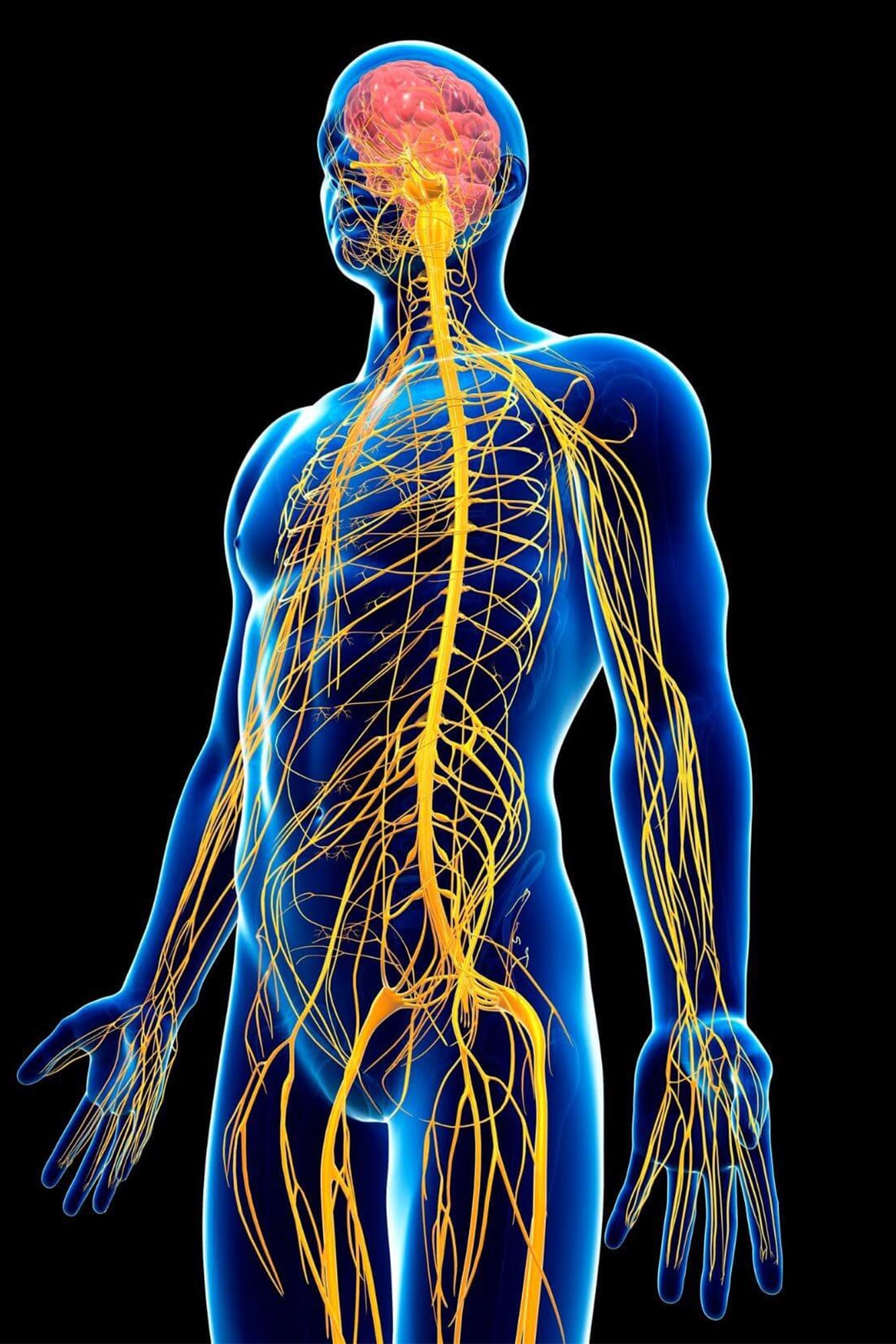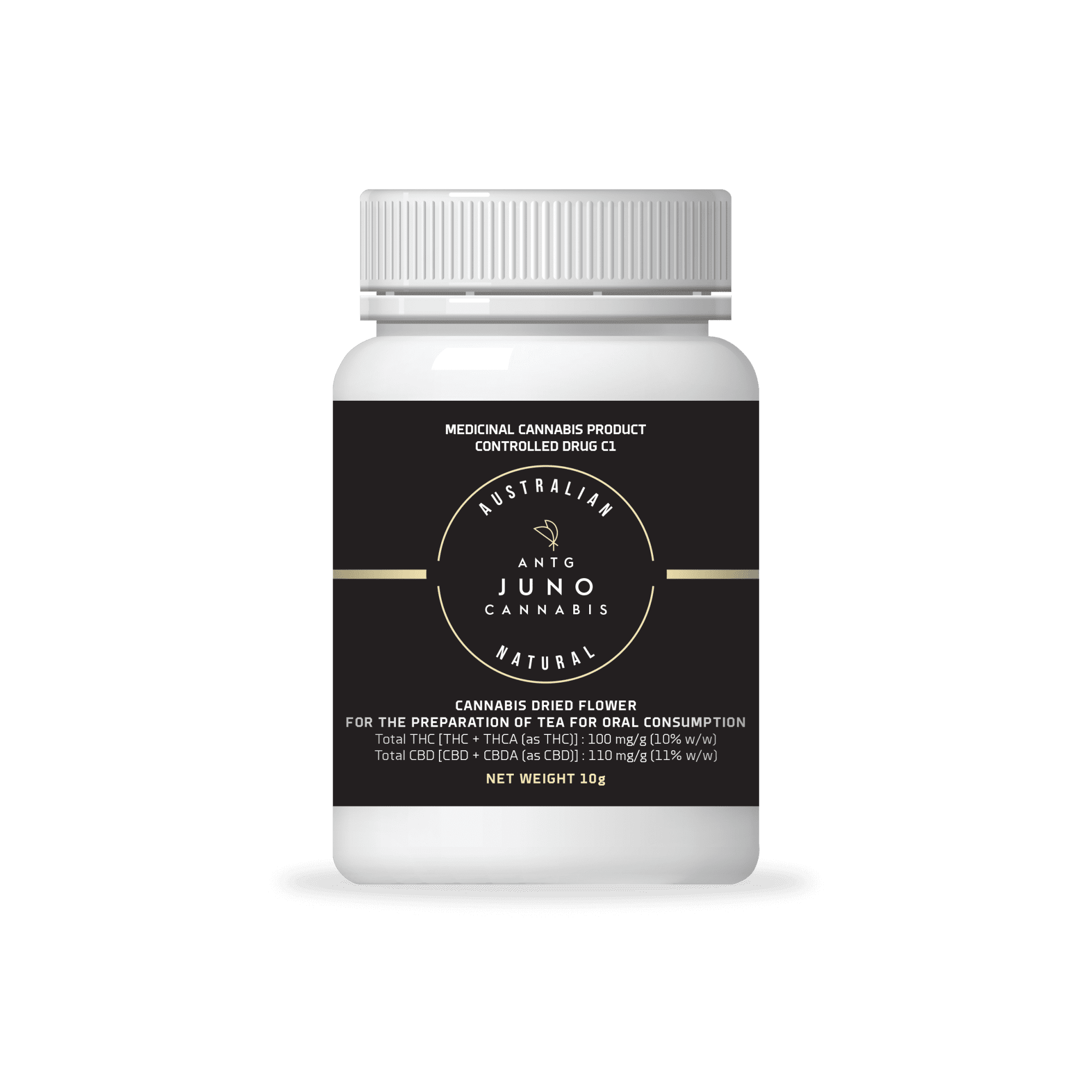Introduction
Medicinal cannabis has gained recognition for its potential therapeutic benefits in men’s health. With its active compounds called cannabinoids, medicinal cannabis holds promise in promoting sexual health, maintaining prostate health, supporting mental well-being, and influencing testosterone levels. In this blog, we will delve deeper into the potential benefits of medicinal cannabis in these areas, backed by scientific evidence and research.
Enhancing Sexual Health:
Sexual health is a vital aspect of men’s overall well-being and quality of life. Medicinal cannabis has shown the potential in improving sexual health through various mechanisms:
Erectile Dysfunction (ED): Research suggests that cannabinoids, particularly THC and CBD, can enhance erectile function by increasing blood flow to the penile tissues and promoting relaxation[^1][^2]. Additionally, cannabis may help alleviate performance anxiety, a common psychological factor contributing to ED[^3].
Libido and Arousal: THC, the psychoactive component of cannabis, has been reported to increase libido and enhance sexual arousal in some men[^4]. THC may influence the release of dopamine, a neurotransmitter associated with pleasure and sexual desire[^5].
Maintaining Prostate Health:
The prostate gland is an integral part of the male reproductive system, and its health is crucial. Medicinal cannabis may offer benefits in the following areas:
Prostate Cancer: Preclinical studies have shown that cannabinoids, such as THC and CBD, possess anti-tumor properties and may inhibit the growth of prostate cancer cells[^6][^7]. These cannabinoids can induce apoptosis (cell death) in cancerous cells and potentially help manage symptoms associated with prostate cancer treatment, such as pain, nausea, and loss of appetite[^8].
Prostatitis: Medicinal cannabis, particularly CBD, exhibits anti-inflammatory properties that can potentially alleviate symptoms of prostatitis, an inflammatory condition of the prostate gland[^9]. CBD interacts with the body’s immune response, reducing inflammation and providing relief.
Promoting Mental Well-being:
Mental well-being plays a crucial role in men’s overall health. Medicinal cannabis shows potential in the following mental health conditions:
Anxiety and Depression: CBD, a non-intoxicating cannabinoid, has demonstrated anxiolytic and antidepressant properties in preclinical and clinical studies[^10][^11]. CBD interacts with serotonin receptors in the brain, modulating mood and reducing symptoms of anxiety and depression.
Post-Traumatic Stress Disorder (PTSD): Emerging evidence suggests that medicinal cannabis, particularly strains rich in both THC and CBD, may help alleviate symptoms of PTSD in some individuals. The cannabinoids interact with the endocannabinoid system, which plays a role in regulating stress and fear responses.
Influencing Testosterone Levels:
Optimal testosterone levels are essential for men’s health, affecting various physiological processes. Some studies have explored potential associations with the endocannabinoid System: The endocannabinoid system, influenced by cannabinoids, plays a role in hormonal regulation, including testosterone production[^12]. However, the relationship between cannabinoids and testosterone levels is complex and requires further investigation.
Conclusion:
Medicinal cannabis holds promise in enhancing men’s sexual health, supporting prostate health, promoting mental well-being, and potentially influencing testosterone levels. However, it is crucial to approach medicinal cannabis use with caution and seek guidance from healthcare professionals experienced in cannabinoid therapeutics. Personalized treatment plans, based on individual needs and considerations, are essential for optimal outcomes. As research continues to advance, medicinal cannabis may emerge as a valuable option for men’s health.
References:
1. Rassouli FB, et al. The role of cannabinoids in erectile dysfunction: A systematic review. J Sex Med. 2020;17(5):845-861.
2. Sun X, et al. Endocannabinoid signaling in erectile tissue of diabetic rats. Andrology. 2015;3(6):1208-1220.
3. Truitt WA, et al. Anxiolytic-like effect of cannabinoids injected into the rat dorsolateral periaqueductal gray. Neuropharmacology. 2009;57(1):46-55.
4. Parpart AK, et al. Is marijuana use associated with sexual frequency and satisfaction among young adults? J Sex Med. 2017;14(10):1342-1348.
5. Colizzi M, et al. The effect of Δ9-tetrahydrocannabinol on dopamine release: A combined microdialysis and pharmacological imaging study in mice. J Psychopharmacol. 2019;33(12):1551-1559.
6. Sarfaraz S, et al. Cannabinoids for cancer treatment: Progress and promise. Cancer Res. 2008;68(2):339-342.
7. De Petrocellis L, et al. Non-THC cannabinoids inhibit prostate carcinoma growth in vitro and in vivo: Pro-apoptotic effects and underlying mechanisms. Br J Pharmacol. 2013;168(1):79-102.
8. Whiting PF, et al. Cannabinoids for medical use: A systematic review and meta-analysis. JAMA. 2015;313(24):2456-2473.
9. Oláh A, et al. Cannabidiol exerts sebostatic and anti-inflammatory effects on human sebocytes. J Clin Invest. 2014;124(9):3713-3724.
10. Blessing EM, et al. Cannabidiol as a potential treatment for anxiety disorders. Neurotherapeutics. 2015;12(4):825-836.
11. Crippa JA, et al. Neural basis of anxiolytic effects of cannabidiol (CBD) in generalized social anxiety disorder: A preliminary report. J Psychopharmacol. 2011;25(1):121-130.
12. Iffland K, Grotenhermen F. An update on safety and side effects of cannabidiol: A review of clinical data and relevant animal studies. Cannabis Cannabinoid Res. 2017;2(1):139-154.








